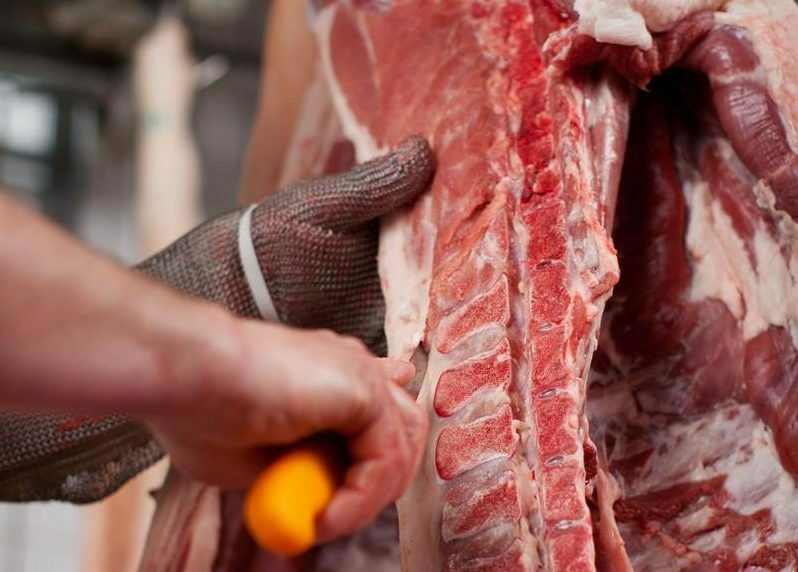“When something is a failure, we need to name it as a failure and deal with it as a failure.”
As a representative from Co. Kildare, deputy Catherine Murphy says she feels that state agencies “dropped the ball” when it came to monitoring high-risk workplaces.
She discussed the recent lockdown in counties Kildare, Laois and Offaly, following a number of outbreaks of the Covid-19 virus in meat processing plants.
“There is a price to pay for both the economy and society,” the deputy said, addressing the Dáil yesterday [Wednesday, September 2] on its first day back after the shortened summer recess.
Factories, transport and housing: A continuum
Lessons must be learned from what happened, according to the TD, and we will have to live with Covid-19 until a vaccine is found.
“Slaughterhouses, especially, are cold and wet environments – conducive to regular colds and flu,” deputy Murphy said.
“They are noisy places that require people to shout to communicate.”
Deputy Murphy expressed her concerns that there is an unequal relationship between players in the meat industry.
“Very often the employer organises the work permit and is also the landlord.
It is not an equal relationship and this is fundamental to the problem, as is our cheap food policy, which also has consequences for farmers and consequences with exploitation.
Serial testing is now underway in the three counties in respect of meat plants, according to Taoiseach Micheál Martin.
However, he added that Covid-19 safety measures must go beyond this.
“We have to look at the entire meat processing industry from end to end,” he said.
“I refer not just to the workplace itself but to the accommodation, its nature and quality, as well as transport to and from work.
“These cannot be seen as separate pieces; but as a continuum.
“While the rate might be 0.5% in the serial testing programme, somewhere else along that continuum, either in terms of transport arrangements or housing, the virus could be developing again and could come into the factory, where it can spread very quickly because of the conditions that pertain in meat factories.”
